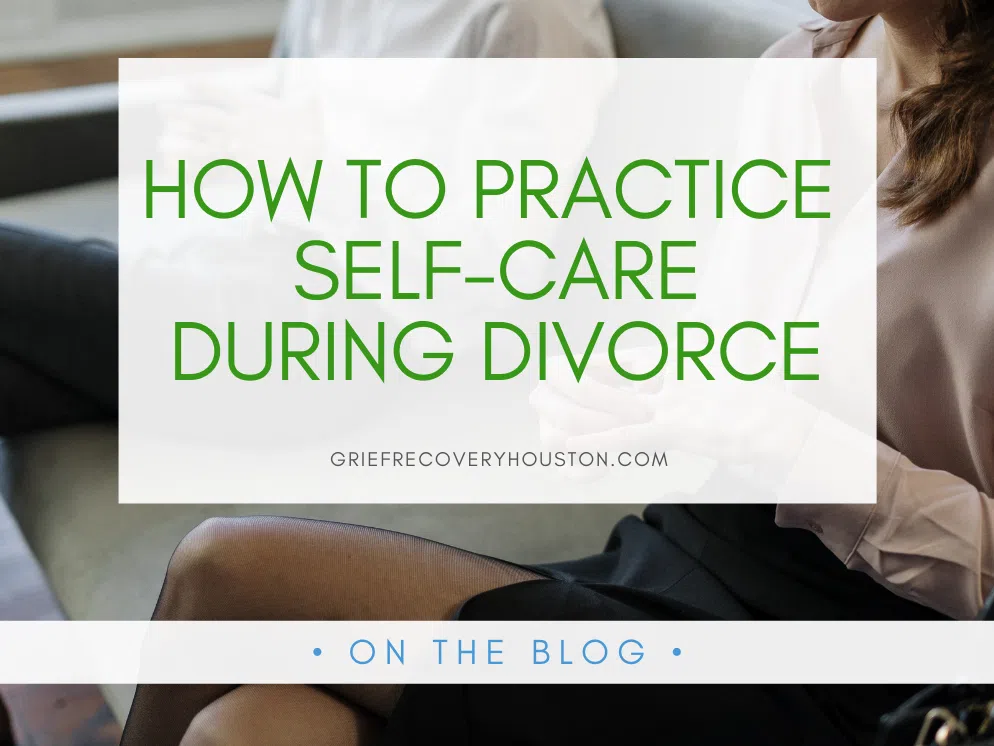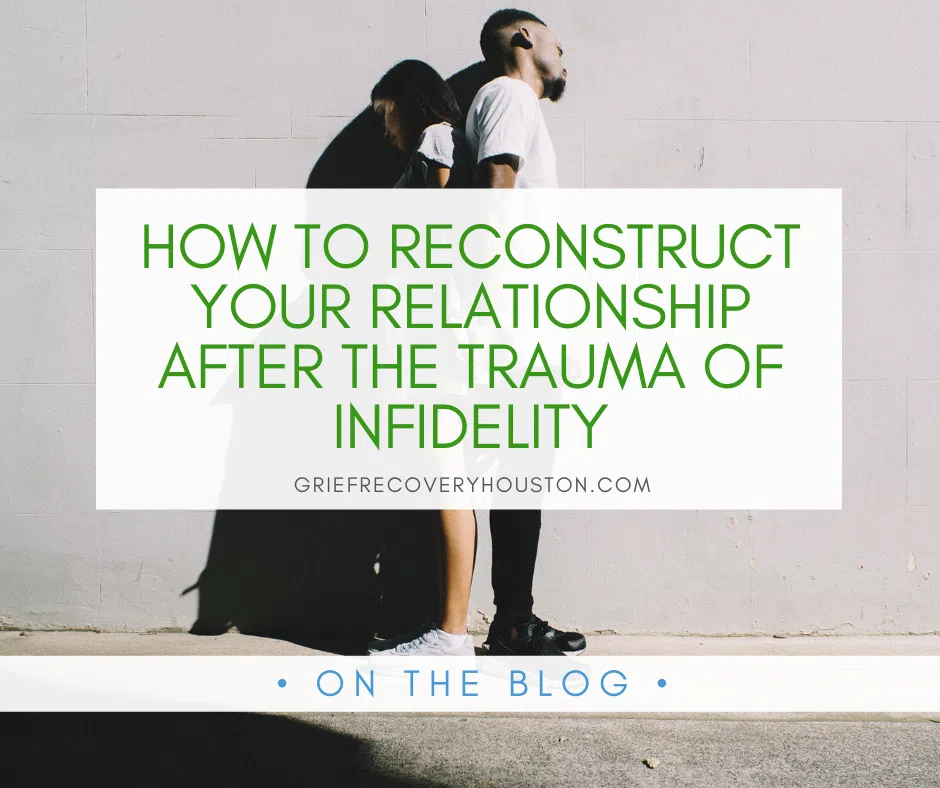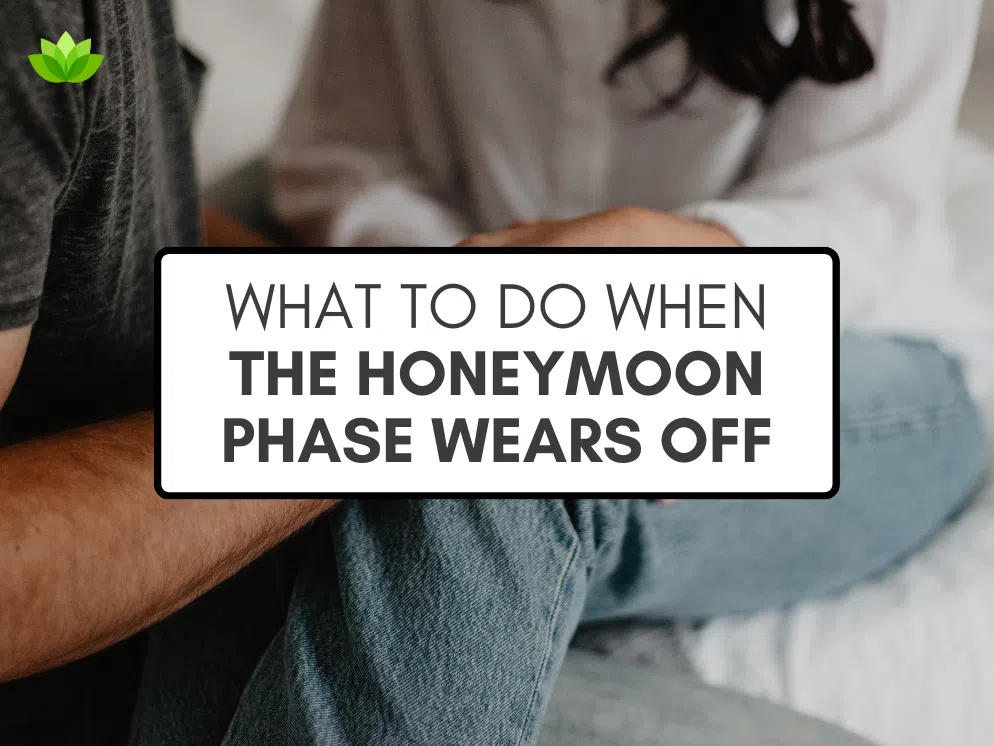- Unpacking Grief and Disability - July 8, 2024
- Breaking the Stigma: 5 Blogs to Better Understand Suicide - May 21, 2024
- 4 Tips for Better Sleep Hygiene - March 4, 2024
Managing mental health needs in a relationship takes different skills than managing mental health needs as an individual.
 It can be overwhelming to be constantly carrying someone’s inner world alongside your own, and when you’re in a significant, intimate relationship, it’s common for that vulnerability to bring up opportunities for old wounds or triggers to be poked at.
It can be overwhelming to be constantly carrying someone’s inner world alongside your own, and when you’re in a significant, intimate relationship, it’s common for that vulnerability to bring up opportunities for old wounds or triggers to be poked at.
However, relationship health is a significant part of an individual’s mental health, so tending to those needs is important. While you may be practiced in noticing and tending to your own needs, learning to apply those skills to another person and a relationship can be harder than we realize. It takes practice and effort to manage mental health needs in a relationship.
These seven blogs are a good starting point for learning to manage mental health needs while in a relationship:
How to Set Healthy Boundaries in a Relationship without Being Controlling
Having strong, healthy boundaries is important. They help us protect our time and energy for the things we value, they help us explore our own desires and our own needs. They give us practice in having difficult but intentional conversations with people in our lives, varying from intimate partners and family members to coworkers and neighbors.
Boundaries offer us a lot.
But while they are a tool in your self-care toolbox, boundaries need to take more than just yourself into account. Rather than being a set of rules you provide to others for how they should interact with you, boundaries should be the building blocks you use to navigate the conversation between your needs and others.
Forgiveness in Relationships: How to Let Go of Anger & Resentment
It can be difficult to practice forgiveness in relationships because letting go of anger and resentment is hard work. When someone you’re intimately close with hurts you, it can be tough to move past the hurt feelings. In relationships that are close, like romantic relationships, forgiveness can be a beneficial practice to move forward, see each other with compassion and humanity, and bring partners closer together.
Why Knowing Your Partner’s Love Language Matters 
Sometimes, it can feel like you don’t know how to communicate what’s going on or that they aren’t able to understand the way you are getting your message across. This idea led to the development of love languages, which are patterns in how partners express their needs in relationships.
We all communicate differently, even if we use the same systems and languages to get ideas across. Some people might be more likely to have a calm conversation, while others feel the need to communicate through actions. Some people say a lot through body language, while others shut down. Other people show their feelings through words, while others prefer to use actions, gifts, time together, or physical touch.
A Guide to Overcoming Loneliness in a Relationship
Each attachment style also has different triggers that bring up long-held fears, such as these:
- I’m unlovable
- I’m unacceptable
- I don’t matter
- I am a burden
It feels really upsetting to have those fears come up, and that distress can cause misunderstandings and conflict in relationships. These are also a lot of the thoughts that can come up when you’re feeling lonely. When we feel such an uncomfortable feeling, it feels really urgent to do something to make it stop. Unfortunately, some of the ways we try to reach out when we’re feeling distressed lead to further disconnection instead of decreasing the loneliness we feel.
How to Deal with a Depressed Partner: 5 Tips to Help
Watching your partner struggle with depression can be extremely difficult. No one likes to see someone they care about suffer, and depression can feel senseless and even hopeless at times. Take heart, knowing that there are ways you can support your depressed partner. There are also some important things to keep in mind to make sure you’re not taking on more than you can handle for everyone’s safety.
4 Things Your Partner Should Never Say to You in an Argument
 We often hear that fighting or arguing in romantic relationships is normal, but how do you know what is every day arguing and what is over the line into something harmful? An argument can often indicate that there’s a need for more communication or that you and your partner have a level of intimacy that a simple argument won’t disrupt. Disagreements are natural, and it’s okay if you and your partner don’t always feel the same way.
We often hear that fighting or arguing in romantic relationships is normal, but how do you know what is every day arguing and what is over the line into something harmful? An argument can often indicate that there’s a need for more communication or that you and your partner have a level of intimacy that a simple argument won’t disrupt. Disagreements are natural, and it’s okay if you and your partner don’t always feel the same way.
How to Listen Better in a Relationship and Improve Communication
It feels good to be understood. We all have fundamental needs, like the need to know that we’re loved and valued and won’t be abandoned. When we get out of the habit of listening effectively, though, it’s harder to meet our partner’s needs. When they reach out to you, and you aren’t listening well, they may feel hurt or like you don’t care about what they have to say.
Are you looking for more ways to improve the ways you tend to mental health needs while in relationships? Working with a couples counselor in Houston can give you new insights into your relationship patterns and tools to improve your connection. Get in touch with us today to get started!






No comments yet.